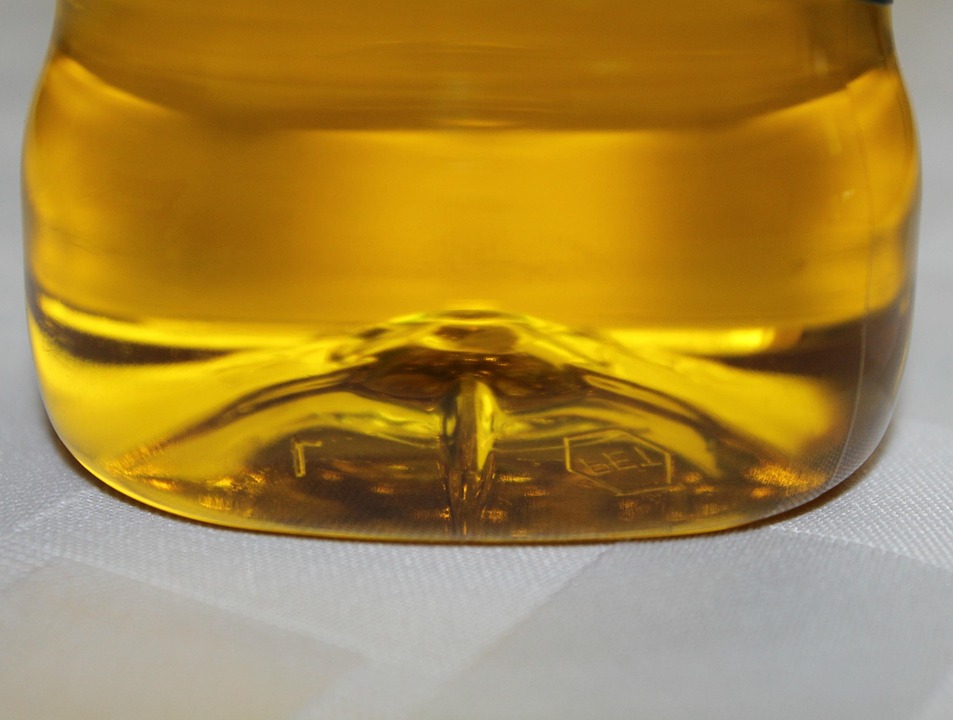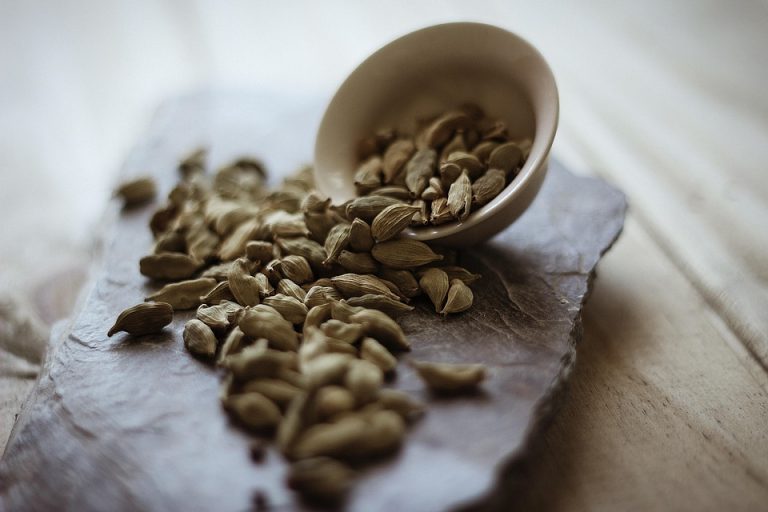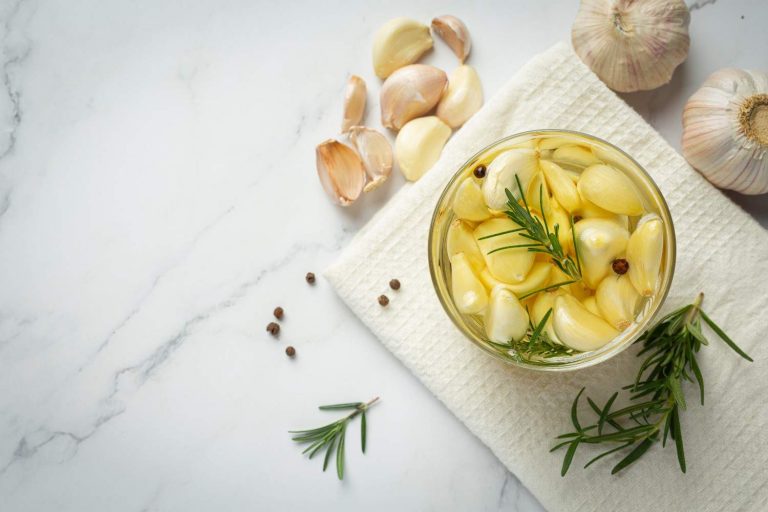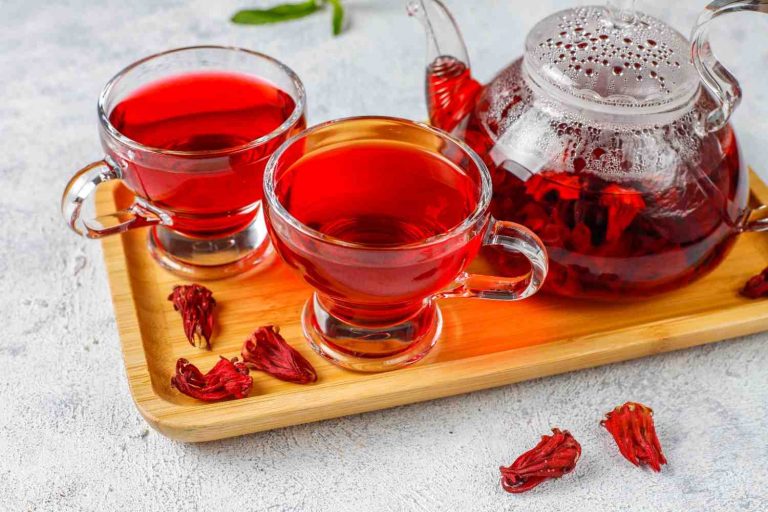Midday slump meets your favorite mug. The aroma of extra virgin olive oil (EVOO) drifts through your kitchen as you drizzle it onto a fresh salad. But did you know that this culinary delight not only elevates your meals but also contributes to healthier blood pressure? Recent research affirms that incorporating extra virgin olive oil into your diet may help lower blood pressure, a crucial factor for overall cardiovascular health.
Let’s delve into five compelling reasons why extra virgin olive oil may be beneficial for blood pressure management.
Contents
1. Rich in Monounsaturated Fats
Extra virgin olive oil is predominantly composed of monounsaturated fatty acids (MUFAs), particularly oleic acid. MUFAs have been linked to improved heart health, partly because they help reduce inflammation and lower cholesterol levels.
A study conducted in 2015 highlighted that dietary intake of MUFAs, especially from sources like olive oil, can substantially lower blood pressure levels. In this study, participants who consumed a diet rich in MUFAs experienced significant reductions in systolic and diastolic blood pressure compared to those following other dietary patterns (Wong et al., 2015).
Incorporating MUFAs into your diet can offer a heart-friendly alternative to saturated fats and trans fats, leading to not just lower blood pressure but also a reduced risk of cardiovascular diseases.
2. High Antioxidant Content
The antioxidants present in EVOO, particularly phenolic compounds, play a crucial role in combating oxidative stress in the body. Oxidative stress can damage blood vessel lining, contributing to increased blood pressure.
An insightful study published in the American Journal of Hypertension in 2017 found that the polyphenols in extra virgin olive oil can enhance endothelial function, which improves blood flow and decreases arterial stiffness—two vital factors in regulating blood pressure. The research indicated that individuals who consumed olive oil daily showed lower blood pressure and improved vascular function after just a few weeks (Zamora-Ros et al., 2017).
While the antioxidant benefits of EVOO are renowned, it’s essential to note that not all olive oils are created equal. Choosing high-quality, cold-pressed extra virgin olive oil ensures a greater concentration of these beneficial compounds.
3. Involvement in the Mediterranean Diet
The Mediterranean diet, which emphasizes the use of extra virgin olive oil, is often lauded for its heart-protective properties. This dietary approach incorporates a variety of fruits, vegetables, whole grains, fish, and nuts, with olive oil as a primary fat source.
In a large meta-analysis published in Nutrition, Metabolism & Cardiovascular Diseases in 2020, researchers found that following a Mediterranean diet is associated with lower incidence rates of hypertension (Bach-Faig et al., 2020). The anti-inflammatory and antioxidant properties of EVOO combined with the overall nutrient density of the Mediterranean diet offer a holistic approach to managing blood pressure.
Beyond the scientific evidence, many people report feeling more energetic and balanced when adhering to this dietary pattern, making it a sustainable lifestyle choice.
4. Role in Hormone Regulation
Blood pressure regulation is complex and influenced by various hormones, including those involved in the renin-angiotensin-aldosterone system (RAAS). EVOO has been linked to improved hormonal balance that can aid blood pressure control.
A 2019 study published in the Journal of the American College of Cardiology investigated the impact of olive oil on RAAS. The findings revealed that participants who included extra virgin olive oil in their diet showed a notable decrease in levels of angiotensin II, a hormone that can lead to increased blood pressure (Psaltopoulou et al., 2019).
The implications here extend beyond just diet; understanding how food interacts with hormonal pathways can empower individuals to make informed decisions about their dietary choices for better health.
5. Beneficial Effects on Inflammation
Chronic inflammation is a well-known contributor to hypertension and other cardiovascular conditions. The anti-inflammatory properties of EVOO are largely attributed to its high content of oleocanthal and other polyphenols. These compounds can significantly reduce markers of inflammation in the body.
A systemic review in 2021 published in Clinical Nutrition examined several studies on olive oil and inflammation. The authors concluded that incorporating olive oil into the diet resulted in lower levels of inflammatory markers, which in turn can lead to improved blood pressure readings (Cicerale et al., 2021).
While EVOO is not a cure-all, its ability to lessen inflammation is essential for maintaining optimal blood pressure levels, especially for those prone to chronic conditions.
FAQs about Extra Virgin Olive Oil and Blood Pressure
Q: How much extra virgin olive oil should I consume daily for health benefits?
A: A daily intake of about 2 tablespoons (30ml) of extra virgin olive oil is often recommended to enjoy its health benefits, including effects on blood pressure.
Q: Can I get the same benefits from regular olive oil?
A: While regular olive oil is healthier than many fats, extra virgin olive oil contains higher levels of antioxidants and beneficial compounds. It’s best to opt for extra virgin for maximum health benefits.
Q: Are there any side effects of consuming extra virgin olive oil?
A: Generally, extra virgin olive oil is safe and healthy when consumed in moderation. However, excessive consumption can lead to increased calorie intake, which may contribute to weight gain if not balanced with overall caloric needs.
Q: Are all brands of extra virgin olive oil the same?
A: No, quality varies among brands. Look for oils labeled as cold-pressed and certified extra virgin to ensure you’re getting the highest levels of beneficial compounds.
Conclusion
Extra virgin olive oil is more than just a culinary staple; it could be your ally in managing blood pressure. With its unique combination of monounsaturated fats, antioxidants, and involvement in the Mediterranean diet, EVOO presents a promising natural strategy for heart health.
While incorporating it into your diet, remember that balance is key. Pairing olive oil with a nutrient-rich diet and a healthy lifestyle will yield the best results. As you reach for that bottle of EVOO, know that you are not just adding flavor; you may also be adding a touch of wellness to your life.
References
- Wong, M.M., et al. (2015). Dietary monounsaturated fat intake and blood pressure in a cross-sectional study. Journal of the American Society of Hypertension. URL: https://doi.org/10.1016/j.jash.2015.01.005
- Zamora-Ros, R., et al. (2017). Olive oil phenolic compounds and endothelial function: The PREDIMED study. American Journal of Hypertension. URL: https://doi.org/10.1093/ajh/hpx025
- Bach-Faig, A., et al. (2020). Mediterranean diet and hypertension: A systematic review and meta-analysis. Nutrition, Metabolism & Cardiovascular Diseases. URL: https://doi.org/10.1016/j.numecd.2019.07.008
- Psaltopoulou, T., et al. (2019). Effects of olive oil on the renin-angiotensin system and blood pressure. Journal of the American College of Cardiology. URL: https://doi.org/10.1016/j.jacc.2019.06.036
- Cicerale, S., et al. (2021). The health benefits of virgin olive oil: A systematic review and meta-analysis. Clinical Nutrition. URL: https://doi.org/10.1016/j.clnu.2021.03.003
Get Your FREE Natural Health Guide!
Subscribe now and receive our exclusive ebook packed with natural health tips, practical wellness advice, and easy lifestyle changes, delivered straight to your inbox.




